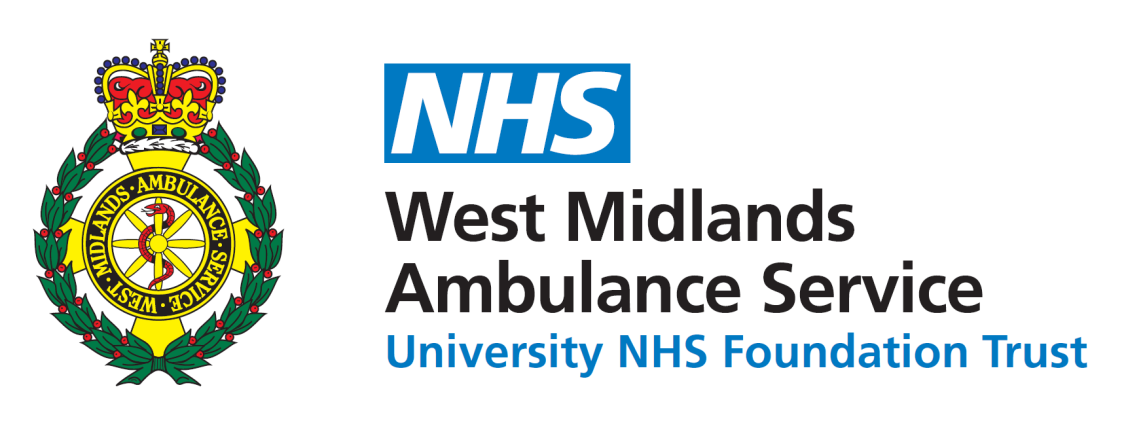Aims
To use hospital admissions data to look at the likelihood of illnesses related to malnutrition in areas near to new food banks.
Background
Over the past ten years there has been a rapid rise in the number of food banks, and the number of food parcels given out. There are many organisations which act as food banks. These include local charities and national organisations such as the Trussel Trust Foodbank Network. It is estimated that the Trussel Trust account for about two-thirds of all food banks in the UK. The data on the location and date of opening of their services is publicly available. The Trussell Trust Foodbank Network, had 30 food banks in 2009 increasing to over 420 in 2017.
There is some debate around why there has been this increase in food bank services. Two possible reasons are that:
1) The number of people suffering from food poverty has increased and more food banks are needed to meet the increased demand.
2) The nationally recorded food banks are simply replacing the services that were previously provided by other means, e.g. soup kitchens or informal support through friends and family.
Research
This research project will look at hospital admissions where evidence of malnutrition has been recorded. This will include admissions of patients with low BMI. The project will look at differences based on how far a patient lives from a food bank. It will not be possible to directly identify users of food banks. Food banks are located where and when there is a need for them. The impact of a new food bank will be felt most by those living close to it.
No known study has previously looked at the effect of food banks on malnutrition and BMI using routinely collected hospital data. This study will also help show the effect that malnutrition has on hospital services over time, and identify whether other interventions are needed.
Patient involvement
The researchers are working with members of the ARC West Midlands public involvement group and also with the Margaret Peters Centre. Six weekly progress meetings with public contributors are planned.
Approval
This project was supported unanimously by the PIONEER Data Trust Committee.
Principal investigator
Professor Richard Lilford, University of Birmingham’s Institute of Applied Health Research




